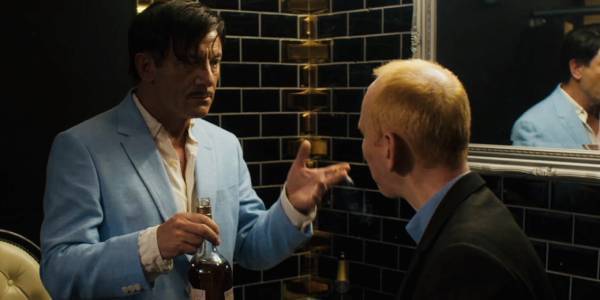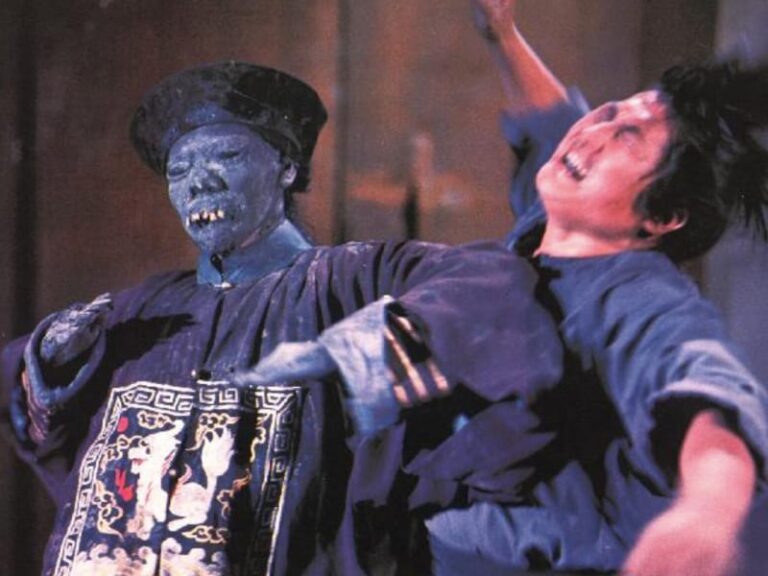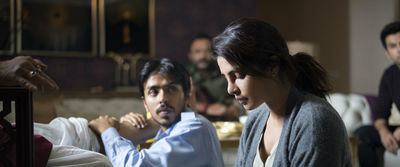The 20 Best Movie Soundtracks Released in 2020
This article is part of our 2020 Rewind. Follow along as we explore the best and most interesting movies, shows, performances, and more from this very strange year. In this entry, we’re listening to the best movie score soundtracks of 2020.
I don’t need to tell you how tough 2020 has been for all of us, but one bright side is that the music coming out of cinema has been fantastic. With the change in film exhibition due to the COVID-19 crisis, the playing field seems like it’s been leveled, and a lot more independent film scores are getting noticed instead of the usual blockbuster blackout. And from that, the kind of scores we’ve been blessed with — synth-heavy, delicate chamber music, symphonic brilliance – -have been amazing.
It could still be better for female composers being given opportunities, as male composers are still heavily favored, but with scores like Tamar-kali‘s Shirley, Hannah Peel‘s The Deceived, Gazelle Twin‘s Nocturne, Isobel Waller-Bridge‘s Emma, and Aska Matsumiya‘s I’m Your Woman, plus Hildur Guðnadóttir‘s ground-breaking Oscar win for Joker, the future is certainly bright.
(We also saw the loss of an absolute legend in the industry in 2020, the great Ennio Morricone, but thankfully, with the sheer amount of music he wrote, there is still much to explore.)
This year’s list has a good mix of drama, adventure, horror, and even the occasional super-villain, along with some great archival releases, as usual. There’s plenty to go around, so let’s celebrate the wonderful music the year has given us. Here are the 20 best movie score soundtracks released 2020, in alphabetical order:
Ammonite (Milan Records)
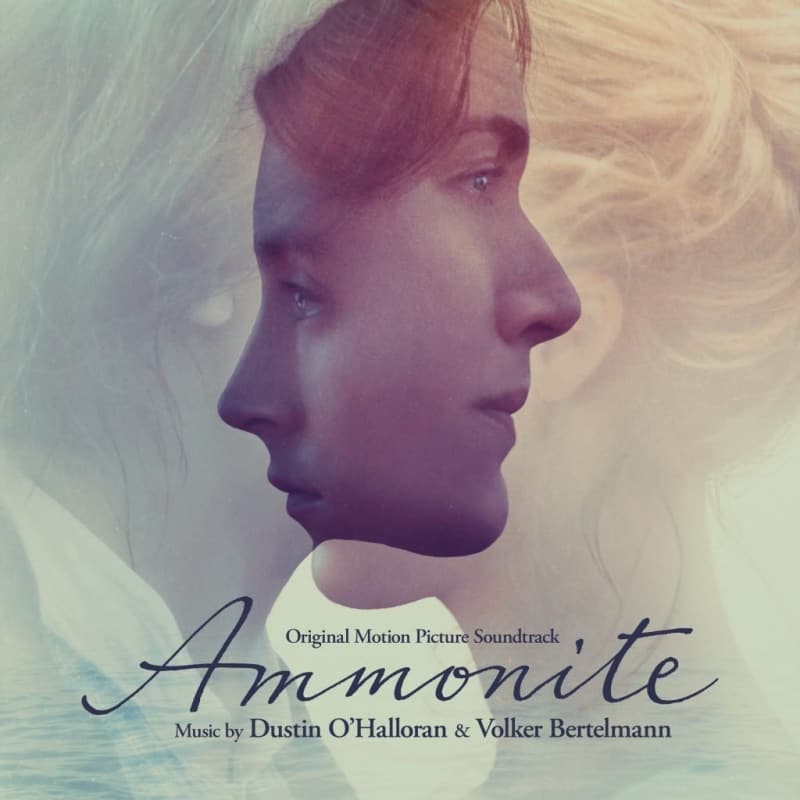
Volker Bertelmann and Dustin O’Halloran‘s score for Ammonite, a romantic drama about paleontologist Mary Anning, is easily one of the most stirring works of 2020, with the music fashioned through a small chamber orchestra with a piano that results in absolute beauty. While the palette may seem restricted, the pair of composers use that sense of restraint in the narrative of the music, taking into account the sexual culture of 19th century Britain, and allow the score to develop further and evolve into a fully-formed piece. It’s one of the year’s most beautiful standalone listening experiences.
Birds of Prey (Watertower Music)
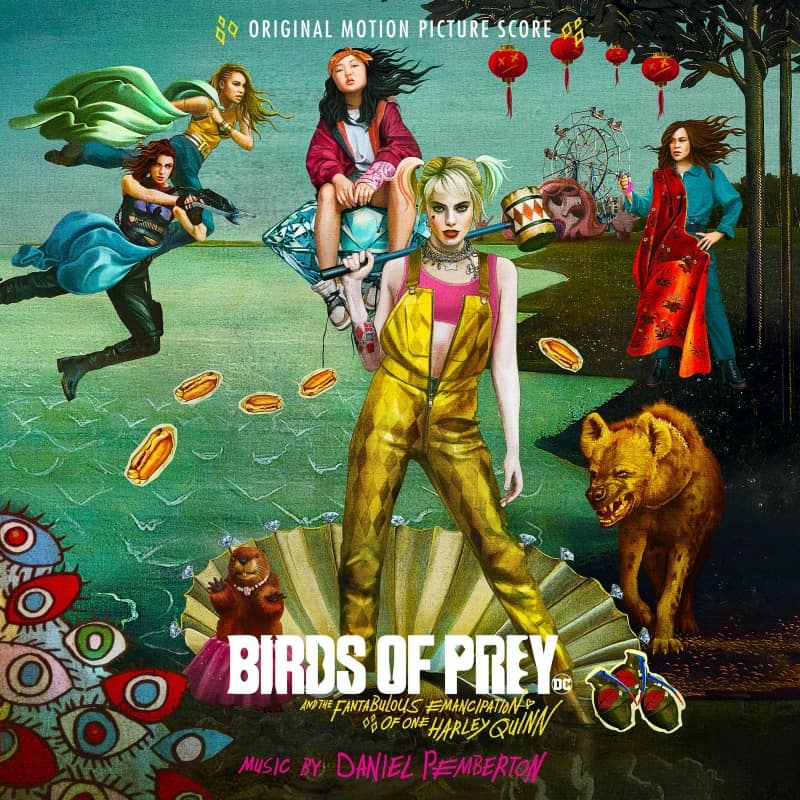
Who’d have guessed that out of the two female-centric DC superhero pictures that came out this year, the winner wouldn’t be the lass with the lasso? The secret ingredient for Birds of Prey is Daniel Pemberton‘s insane score that mixes hip-hop, riot grrrl, and Morricone. The “cu-cu-cuckoo” vocals that open the score set the tone, and from there you have Pemberton musically breaking down the “birds” — and Harley Quinn of course — before bringing them together as a true force. The music for the Huntress and her story, in particular, is a shining example of how good this score is, with a stunningly operatic tale of tragedy and revenge, told through two cues. Wild.
The Call of the Wild (Hollywood Records)
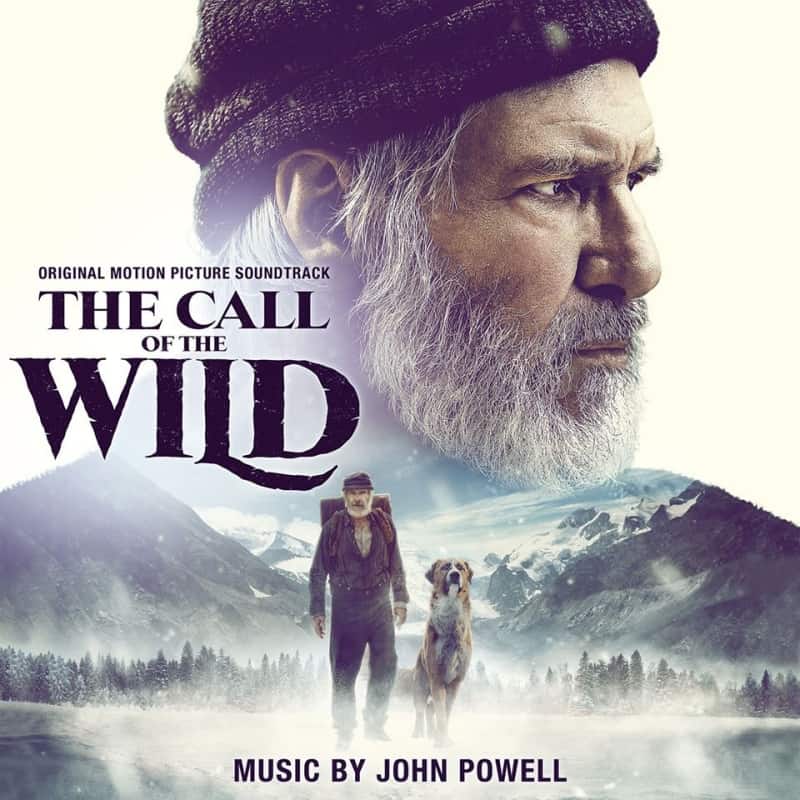
Not content with scoring young Han Solo, John Powell also took on the old one with the Harrison Ford vehicle The Call of the Wild, and it was a grand return to the heightened melodies of the How To Train Your Dragon series. Powell’s talents lie in bringing a heart to large-scale adventures such as this, with the soaring encompassing choral sections giving a sense of nature with their ethereal manifestations and the use of banjo and piano that conjure a feeling of Americana. What puts it over the top is the way these strands entwine together while running through all sorts of virtuoso action setpieces, showing how Powell makes this a truly memorable musical escapade.
Calm With Horses (Invada Records)
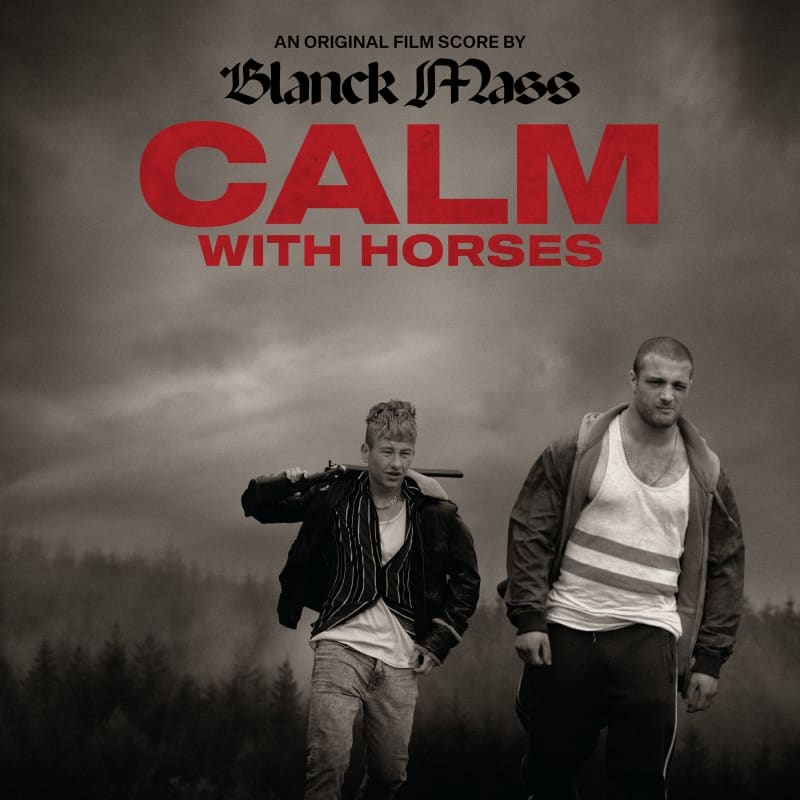
The best films about violence, and indeed violent men, don’t use the violence as a thrill, but instead as a comment, and you’ll find these films often have antithetical scores to those that do, such as the action pictures with mind-numbing repetitive low-end bashes in the place of music. Ben “Blanck Mass” Power‘s Calm With Horses (known in the US as The Shadow of Violence) is one of these, providing a meditation on the life of a small-time enforcer and the fallout of choosing a side between his employer and his family with a deeply introspective electronic score that underlines danger with the feel of digital quicksand, swirling around in long-drawn-out drones and grabbing hold of you, pulling you in. At times it’s overbearing and foreboding like your head is so full of steam it’s ready to explode, and at others, it relieves that with beauty and tenderness, leading to an emotional release that will make you weep in its simplicity.
Color Out of Space (Milan Records)
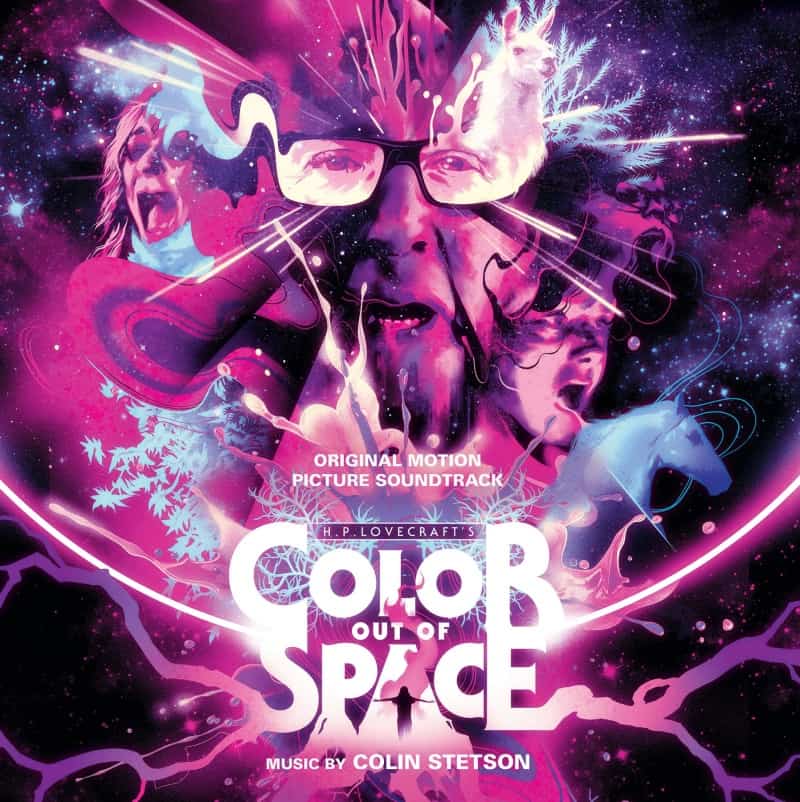
Having become one of the composers du jour for the horror genre after Hereditary, Colin Stetson‘s score for the H.P. Lovecraft tale Color Out of Space is a decidedly entrancing work that embraces the underlying sense of dread that always seeps into Lovecraft’s material. In the beginning, Stetson’s music feels innocent enough, but it soon begins to embrace an unknown presence that, true to Lovecraft, drags us screaming into the gaping maw of cosmic horror, with hair-raising synth lines zipping around like the motorbikes from Tron while brass instruments sound like they’re being existentially tortured. There’s something majestic about what Stetson has created that helps push Lovecraft’s themes about the insignificance of humanity, and something even braver about taking all of that and crushing it in a sonic meat grinder.

